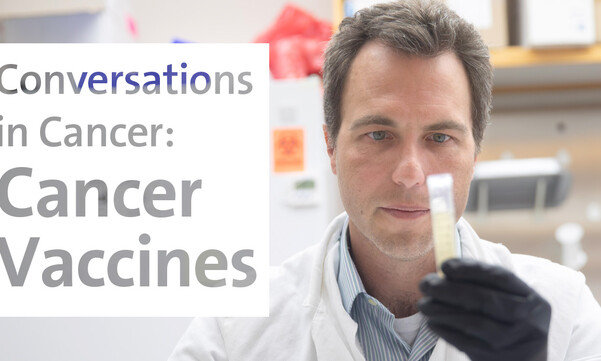At Duke, an army of people have a very specific job -- making your health care journey just a little bit easier. These professionals guide you and your family through consultations, testing, surgery, and more so you can focus on what matters most, your health.
What Is a Care Coordinator?
Although they have many names -- care coordinators, transplant coordinators, nurse coordinators, nurse navigators, patient navigators -- they all have the same purpose of bridging the gap between patients and processes. As the main point of contact for your care team, care coordinators’ responsibilities vary but generally include helping schedule appointments and procedures, joining appointments to translate complex medical language or explain lab results, serving as a single point of contact to answer questions, and connecting you with helpful resources at Duke and elsewhere.
“If people knew there is somebody who is specialized and in tune with what care they need and is there to help them with appointments and with their care and answer their questions, I think they would probably feel a lot more comfortable,” said Melissa Shaw, RN, who serves as a nurse navigator for bariatric surgery.
Masters of Their Craft
Care coordinators’ professional backgrounds vary from nurses and social workers to administrators and even former patients. Since they usually work with a single condition or treatment, coordinators are experts at shepherding people like you through the steps of your specific issue, starting from the initial diagnosis or soon after. They advocate for your family’s needs, like transportation or concerns about missing work, and do their best to mitigate them. But beyond these more concrete needs, care coordinators also provide emotional support to you and your family.
“I make it a point to try to be there in the operating room when a patient is going off to sleep so they have somebody familiar there,” said Trisha Holmes, RN, a nurse navigator for skull base tumors, who worked in operating rooms for more than a decade before moving into her current role. “My background proves very useful in helping people through the surgical process. I can make it a little less scary because I know exactly what happens in the operating room.”
Making Connections
Every day, Duke’s care coordinators are supporting people with certain cancers, benign tumors, skull base tumors, brain diseases, birth injury and congenital defects, epilepsy, home infusion needs, neuromuscular disease, and sleep disorders. They guide people going through all kinds of health care journeys, from seeking bariatric surgery to organ and bone marrow transplants, just to name a few. Since many of these complex conditions require long-term care, coordinators may be in touch with patients for decades. Genitourinary oncology nurse navigator Nicole Scholl, RN, said she finds the work extremely rewarding.
“I went into nursing to help people,” she said. “When I started in patient navigation, I noticed immediately how fulfilling it is. I'm making a difference by being a support person, by just being there and ready to help if there’s a problem.”




